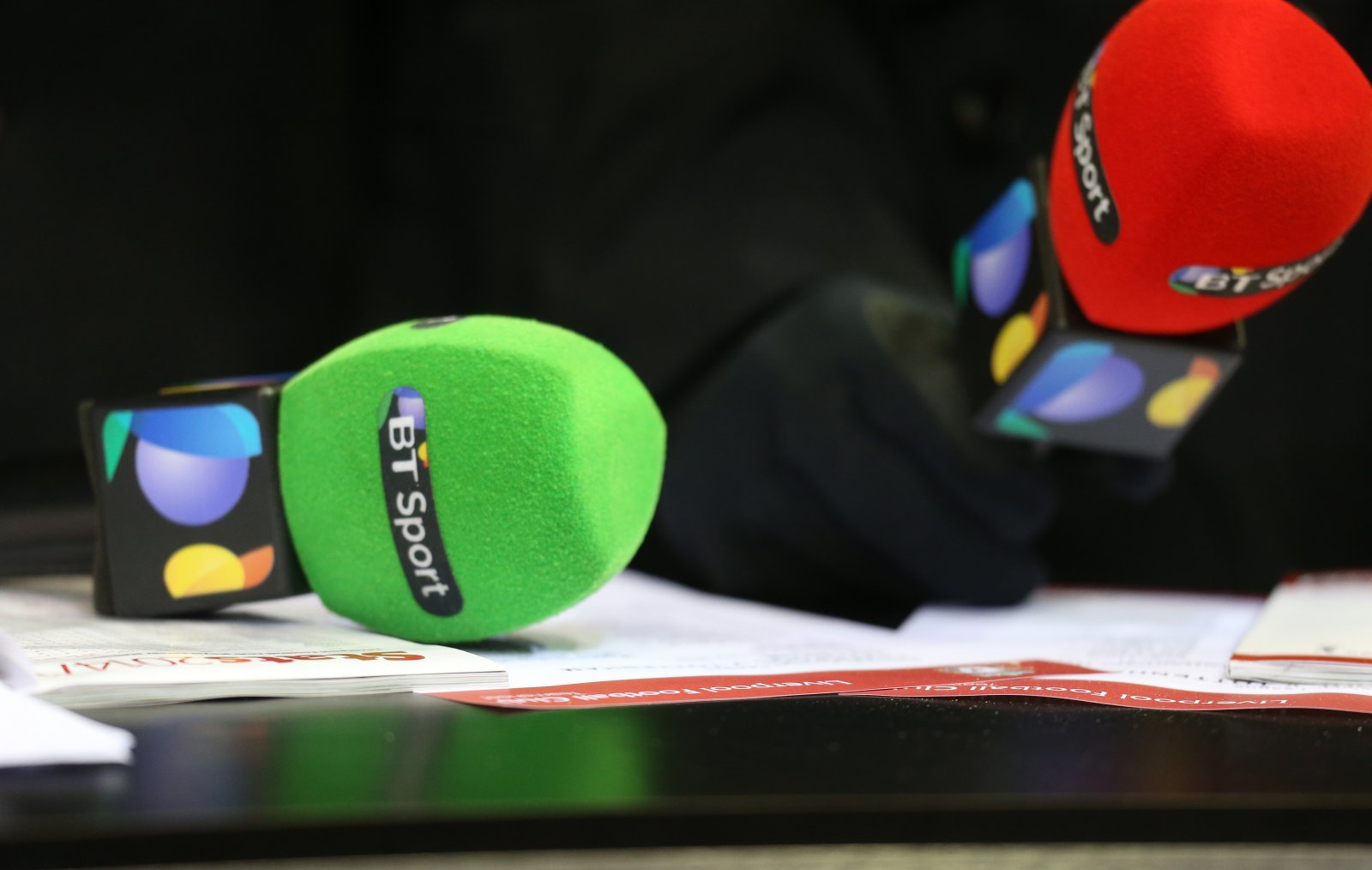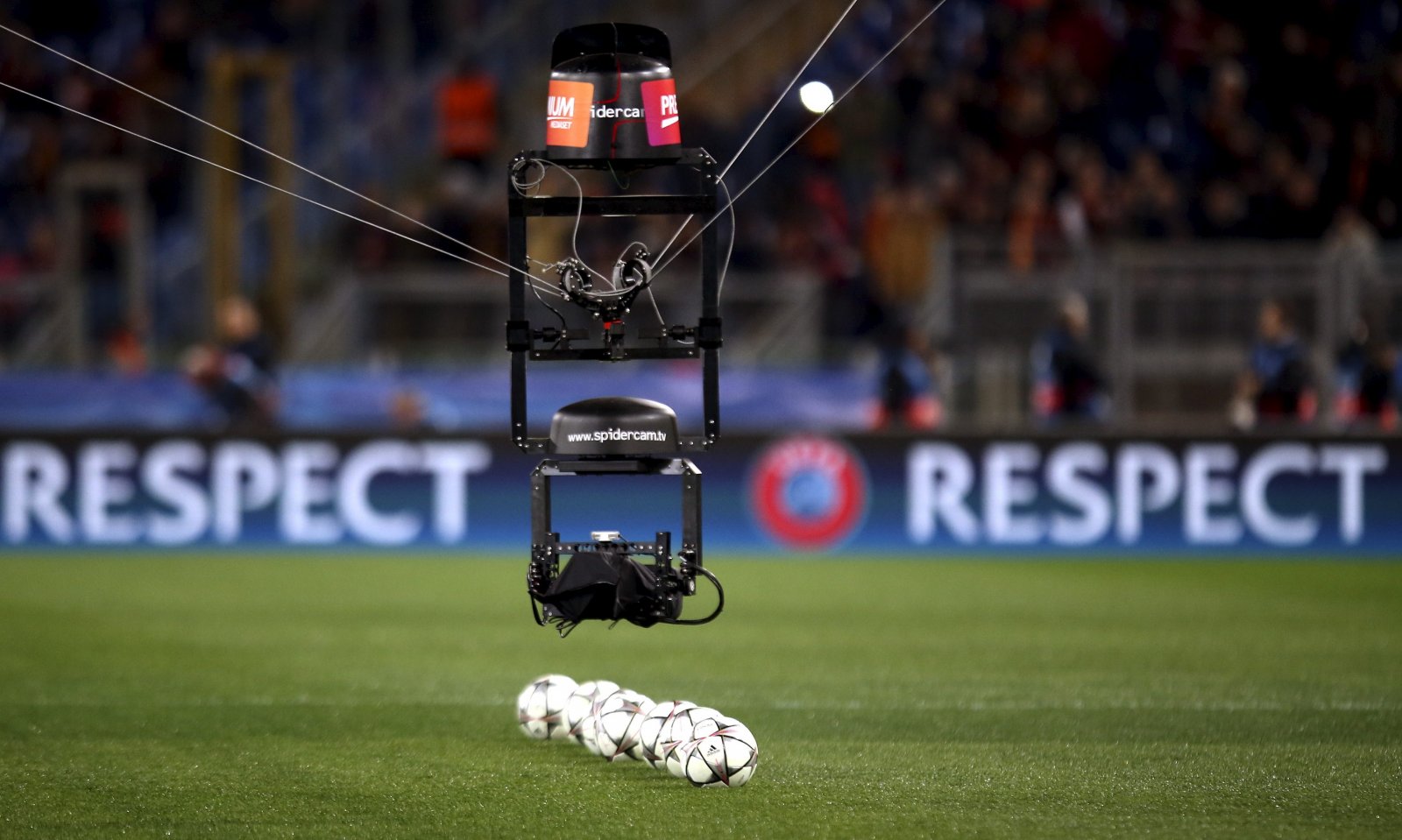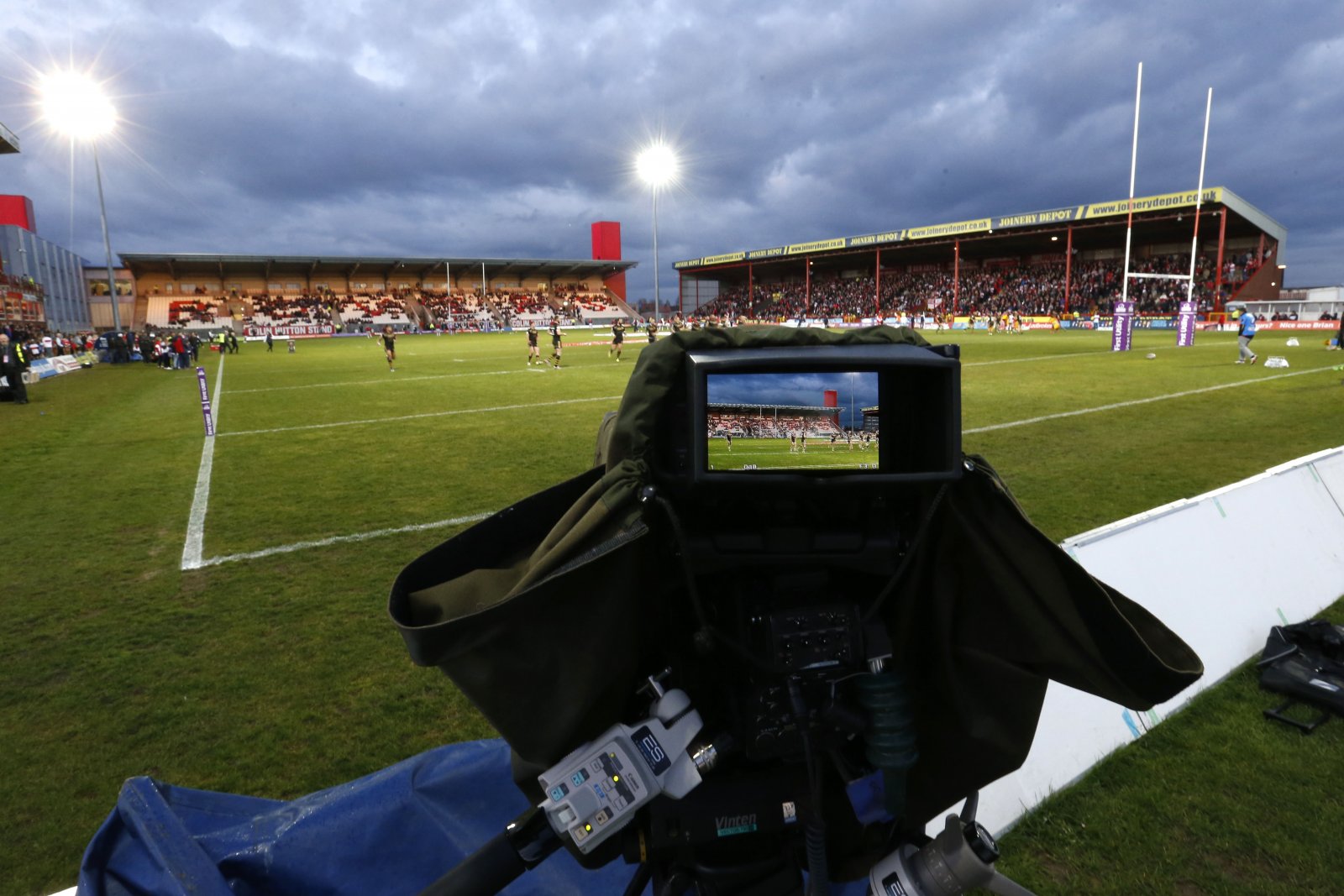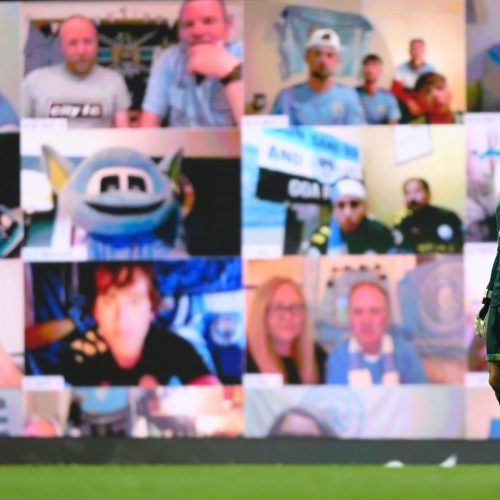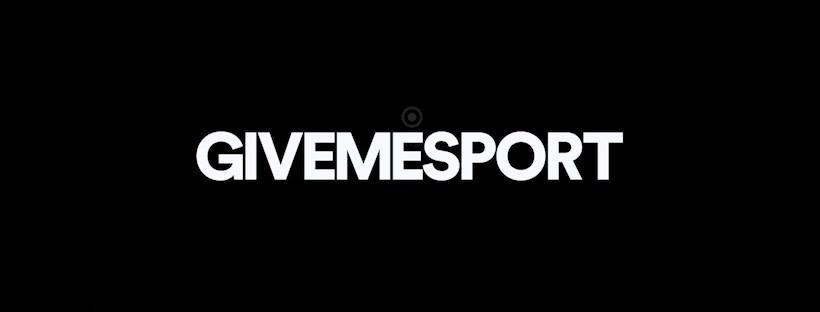Broadcasters must learn from the mistakes of the internet’s past
Studying history doesn’t have to mean the distant past. It is now a decade since the advent of social media and we’re now so far into the ‘internet age’ that the phrase itself is obsolete and laughable.
But we don’t always study the early days of the internet and the series of choices and developments that led us to this point or what could have happened had one or two decisions been different. And what we might be able to learn from it.
When the internet arrived in normal people’s homes en masse at the end of the 1990s, the major sources of information were still newspapers and broadcast news bulletins. Two decades later, the internet is the source of all of those things 24 hours a day. Even when you don’t even want to know, you’re likely to be told. You’re always on.
That’s hit newspapers and publishers most obviously. They’ve had to readjust their own view of themselves, what types of content they provide to the world and the medium on which they do it. They are now, for the most part, simply online entities, and if some of the blogs set up at the start of the internet’s boom are now well known and well respected publishers today, that comes at the expense of the share of the pie that the older newspapers and magazines had in the 20th century.
But the reasons why newspapers fell behind internet publishers aren’t to be lost in the mists of a history which still seems too recent to study properly. In fact, they’re still very relevant today. And this time they concern broadcasters, not newspapers.
The problem print publishers faced was their slowness to react to a phenomenon which would change the nature of their very existence. Many decided that, despite the birth of internet media, they should remain print businesses with an online arm rather than realising that they urgently had to become the opposite: online behemoths with a legacy print presence.
That’s what they are today in many ways, but that initial decision left many with ground to make up. The vastness of the internet and the fact that the space could be flooded with hoards of people doing it for themselves saturated the market in every sector. But that might well be because newspapers didn’t own the space from the start. Instead, on the whole, they let others do it – blogs were seen as somehow different to print media, which probably considered itself superior. Today, the written word on the screen is democratic. It doesn’t matter which domain it appears on.
Maybe some felt that the internet was a fad and would soon die, or maybe they just though that putting too much effort into it was simply irrelevant to their core businesses. Then there was the problem of monetising it – you can’t give everything away for free. Either way they left it too late to press home their dominance on the space.
That’s a potted history of a complex topic, but it chimes interestingly with what appears to be happening now with the world’s biggest broadcasters, especially when it comes to sport. Are they repeating the same mistakes as their print cousins did decades ago?
Broadcasters like Sky are offering products like Now TV and Sky Go, and even the names are, in effect, similar messages to what publishers sent out when they first came online all those years ago. Essentially, they proclaim they’re TV channels who also have an online live-streaming presence for when you can’t quite get to the big screen. The opposite would be to suggest that there really is no difference between the live-streaming offering and the linear channels. Watching on a Sky box, a YouView box, a Chromecast or a phone screen really is just a matter of medium, not category.
The idea is that it’s Sky ‘Go’, not simply ‘Sky’. It’s BBC ‘iPlayer’, not simply ‘BBC’. The implication is that this is not how you consume live when you have the choice, but it’s something you use when you have to make do with live-streaming instead of watching in a more traditional way. Compare that with names like ‘Guardian Unlimited’ and ‘Times Online’ that publishers used to distinguish their online product from their print one, before morphing their domain names back into line with the rest of the brand.
What the new competitors like Netflix and Amazon seem to have done, on the other hand, is to take a different position. They appear to place themselves as streaming services first and foremost, but ones which you can play on your TV as though it were a traditional broadcast.
Just like consuming an article on a screen rather than in print, the experience of ‘streaming’ on your smart TV isn’t materially different to doing the same thing through a freeview box or a satellite dish. And rather than portraying live-streaming as something you do when you can’t get to a big screen, technology now makes the distinction irrelevant.
Like every sector, there are quirks and peculiarities. This isn’t to say that the position of broadcasters is exactly the same as that of publishers over a decade ago. But there are certainly lessons to be learned about the move to a new medium. Just like with publishing, the biggest names are perfectly suited to stepping into the new space and owning it. But their reluctance to do so will make it easier for others to grow even bigger.
The internet landscape changes so fast that few take time to learn the lessons of the beginnings.
About author
You might also like
Interview: Nielsen Sports’ Spencer Nolan Discusses Covid-19’s Impact on Sport Media Rights and the Commercial Sport Landscape
Digital Sport’s Rupert Pratt and Thomas Smith recently sat down with Nielsen Sports Managing Director for the UK & Ireland, Spencer Nolan, to discuss Covid-19’s impact on sport media rights
Snack Media acquire Facebook’s largest global sports publisher, GIVEMESPORT
Snack Media today announced that its acquisition of GIVEMESPORT will create one of the largest sports publishers in the UK, further strengthening its offering to advertisers, rights holders and independent media owners.
Rupert Svendsen-Cook talks Veloce and the future of brands in the eSports industry
By Shania Bedi eSports is an undoubtedly booming industry, so much so that the International Olympic Committee have considered including it at future Olympic Games. Most of us are aware

